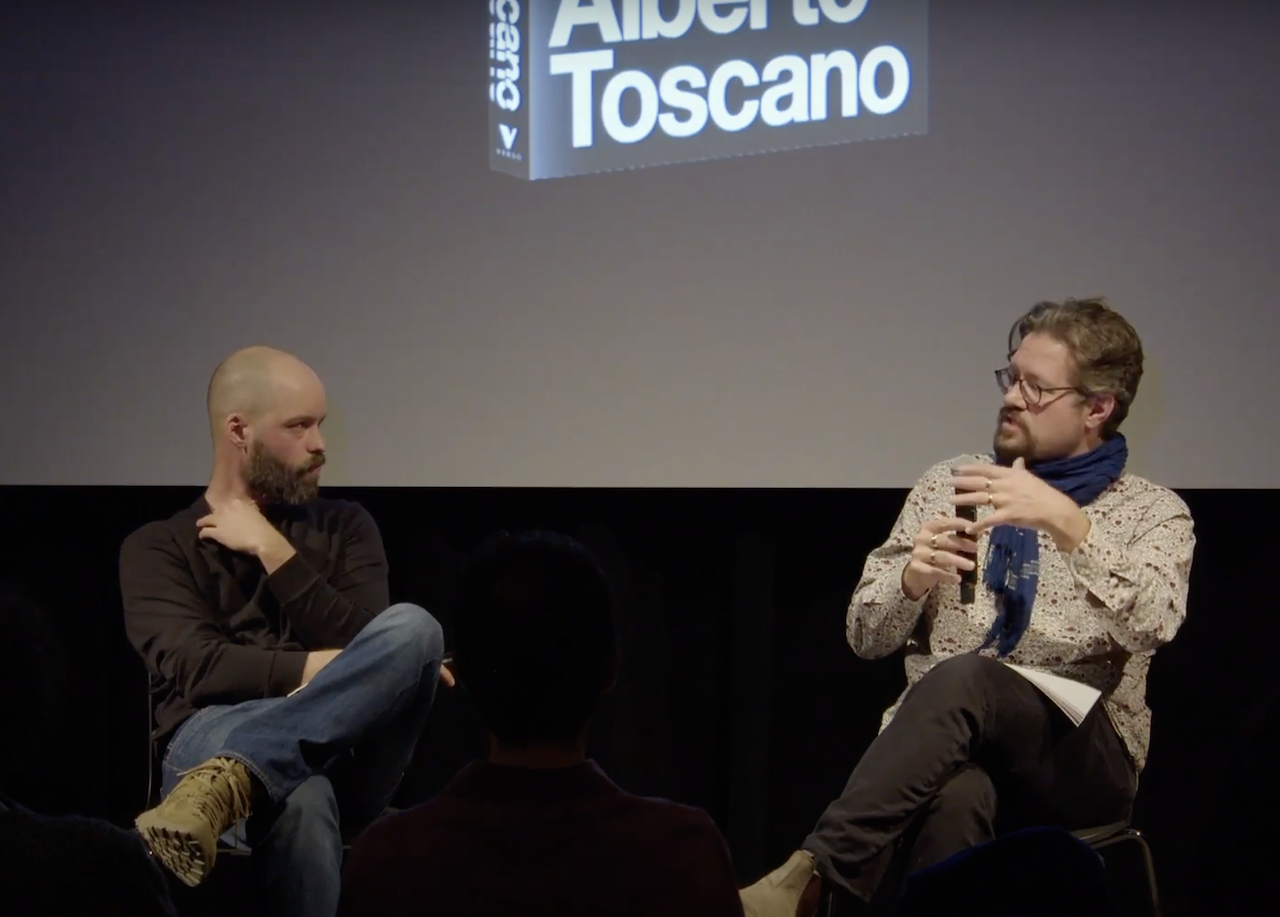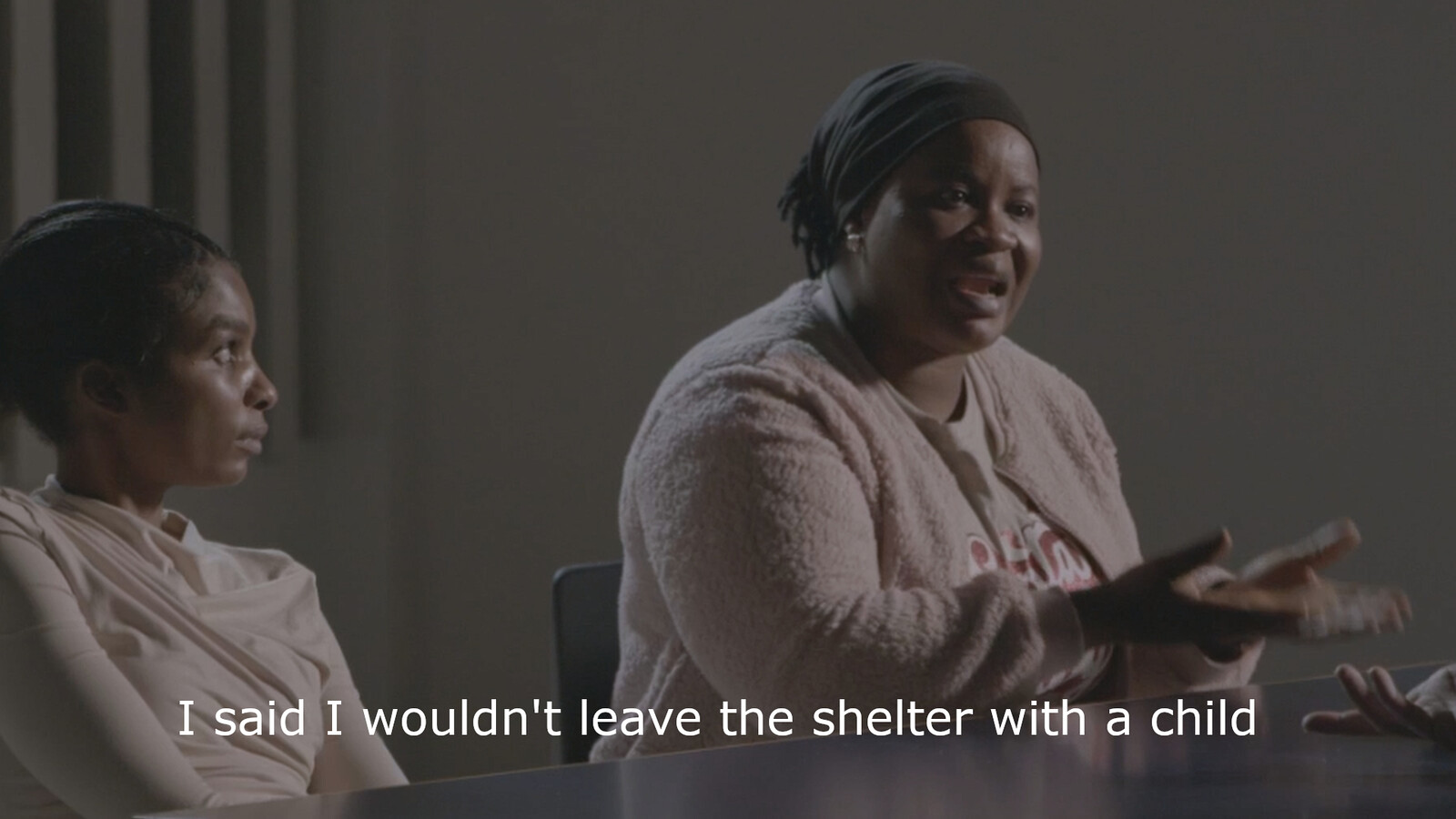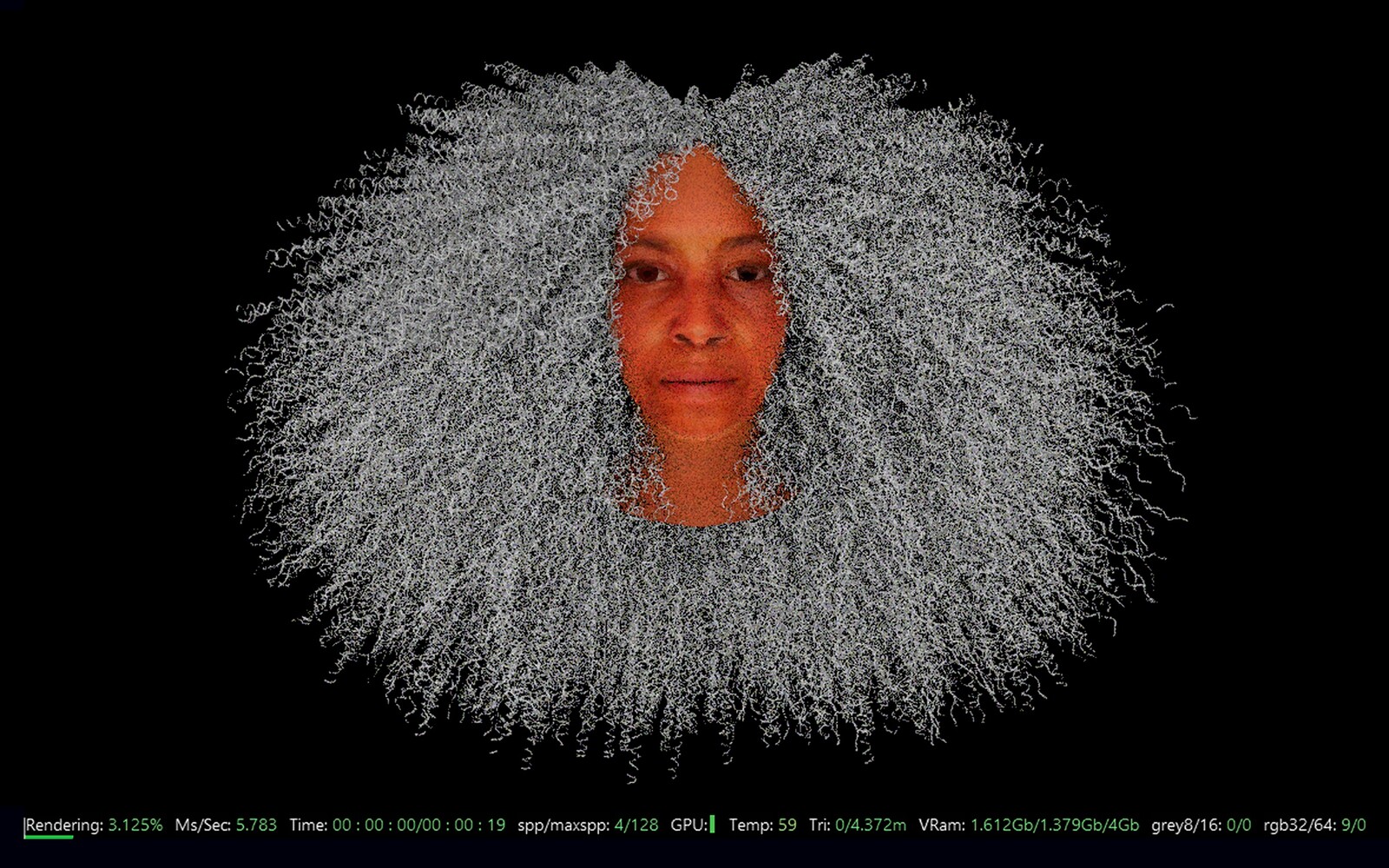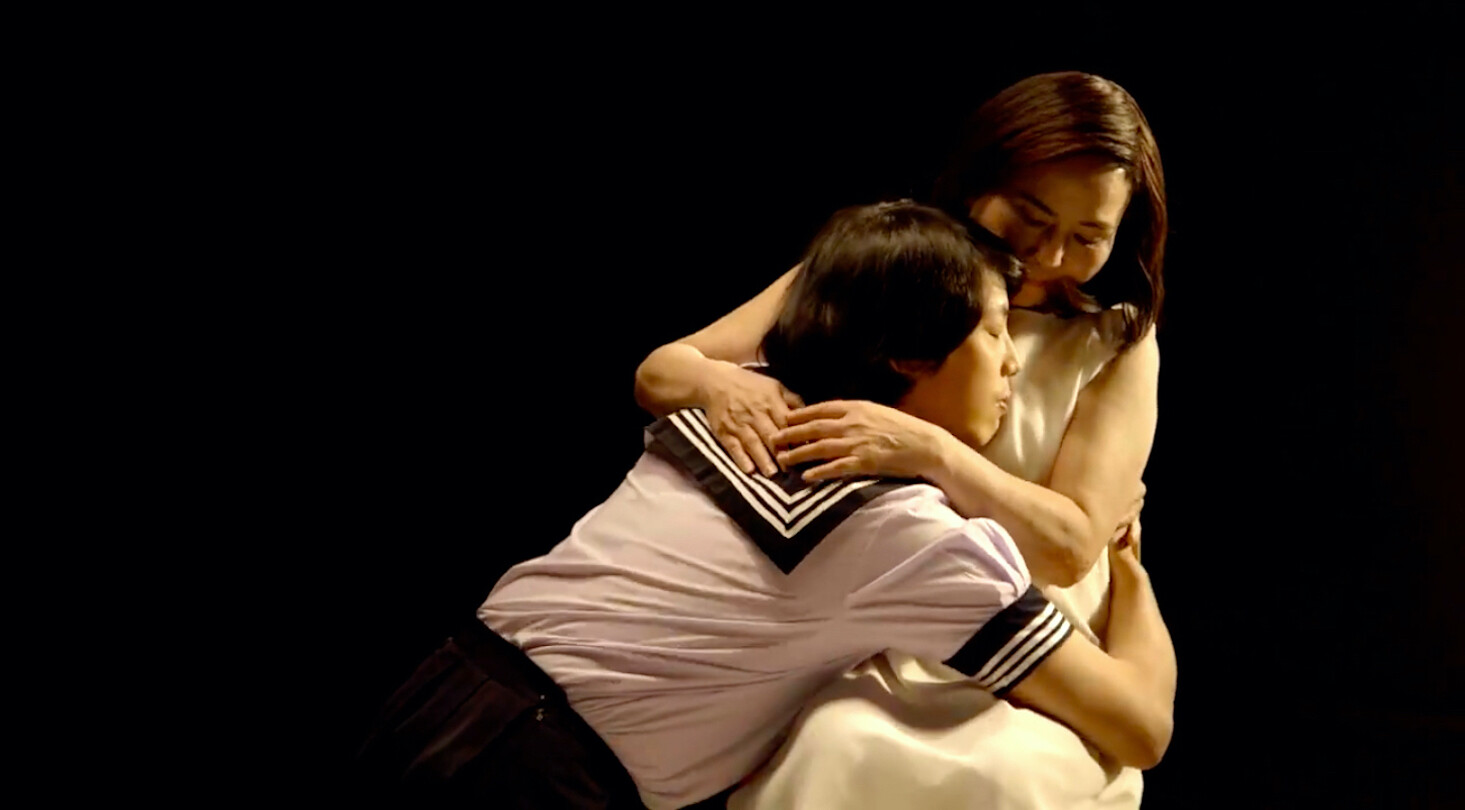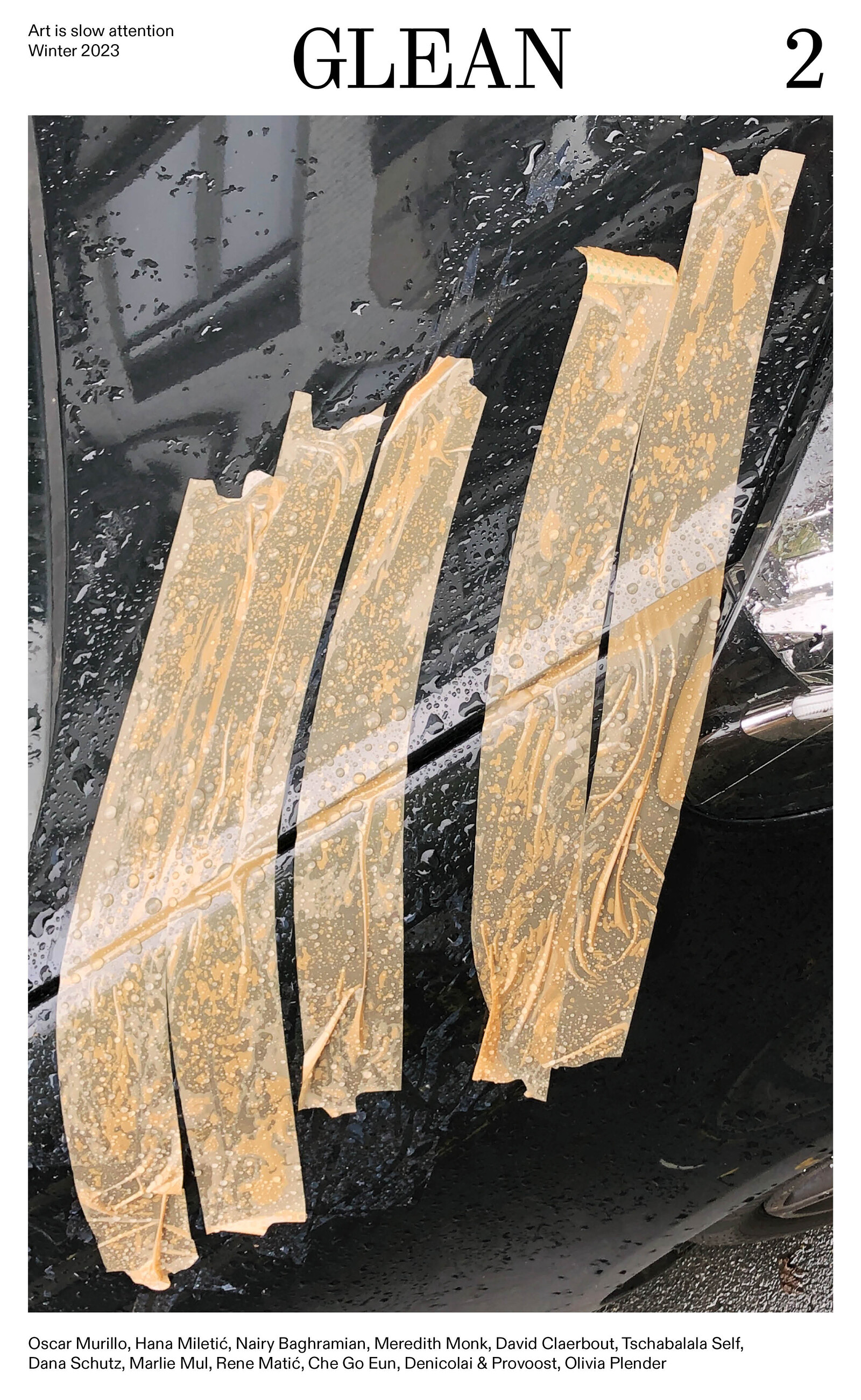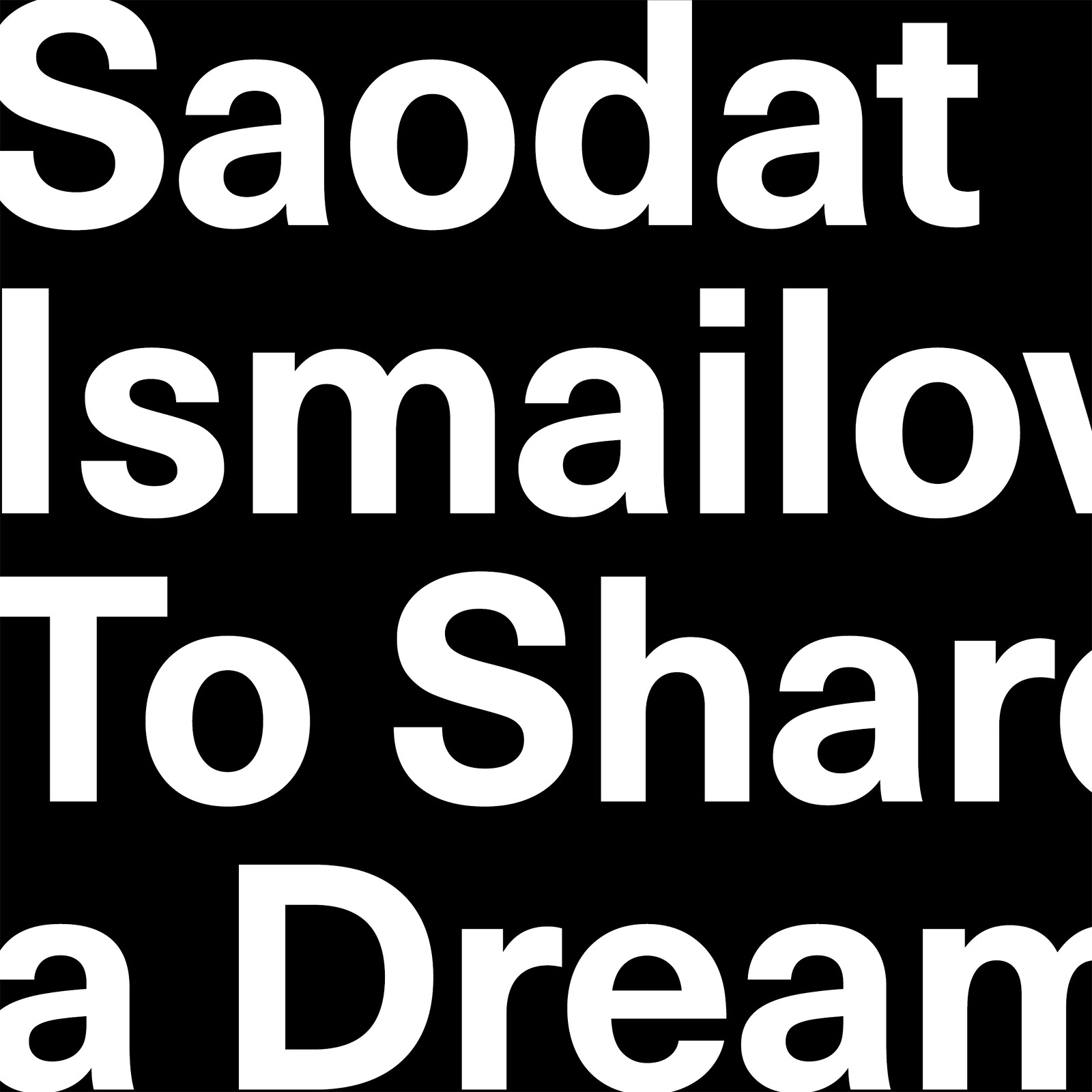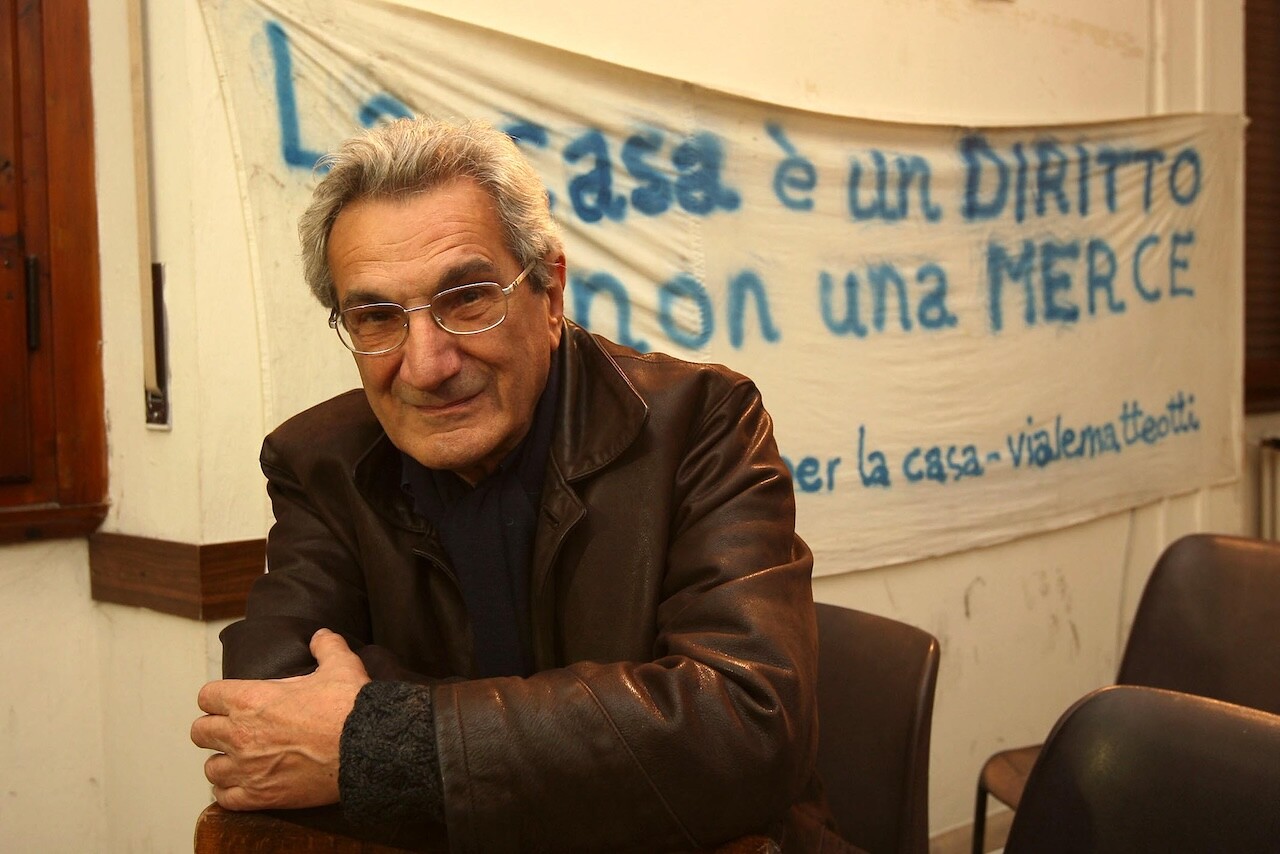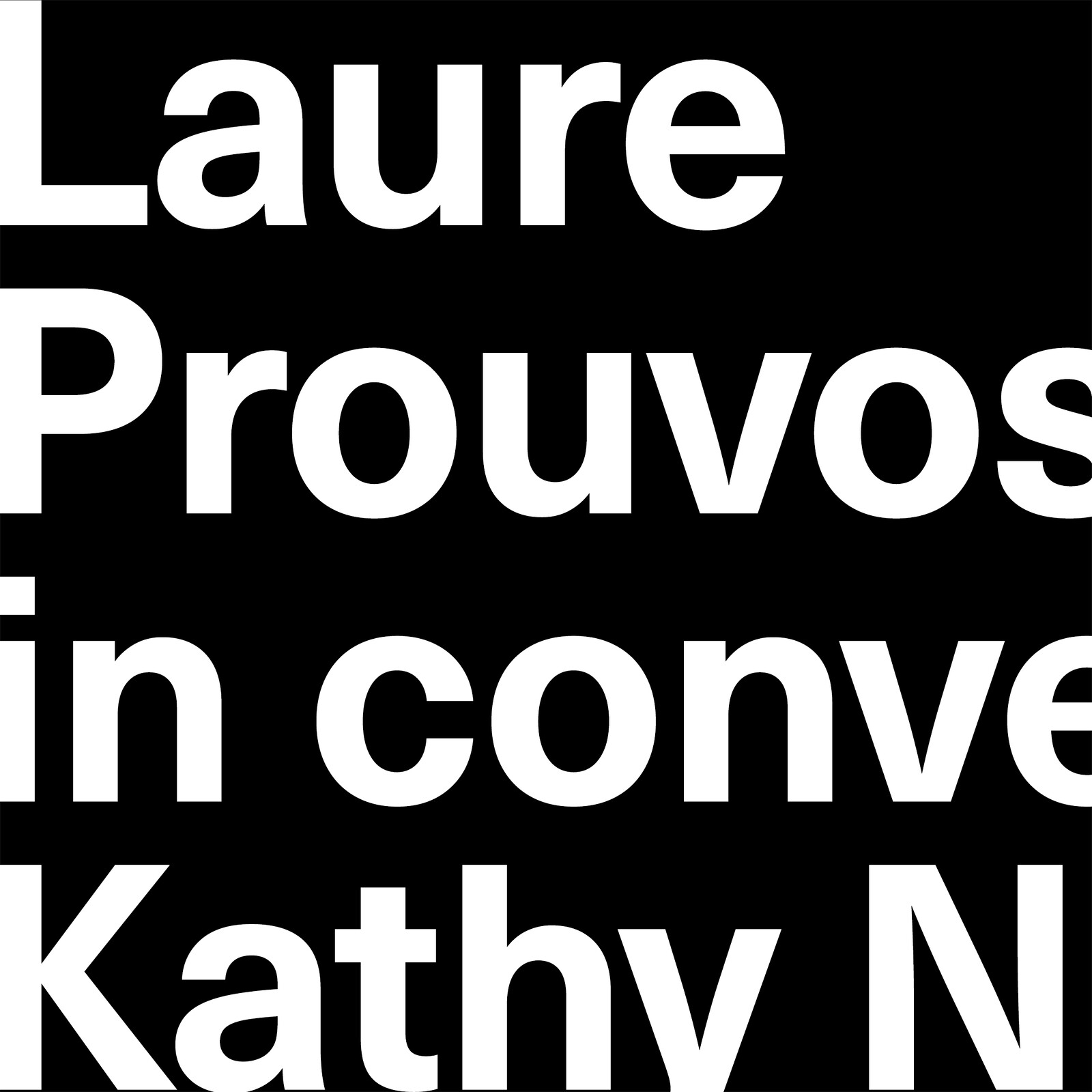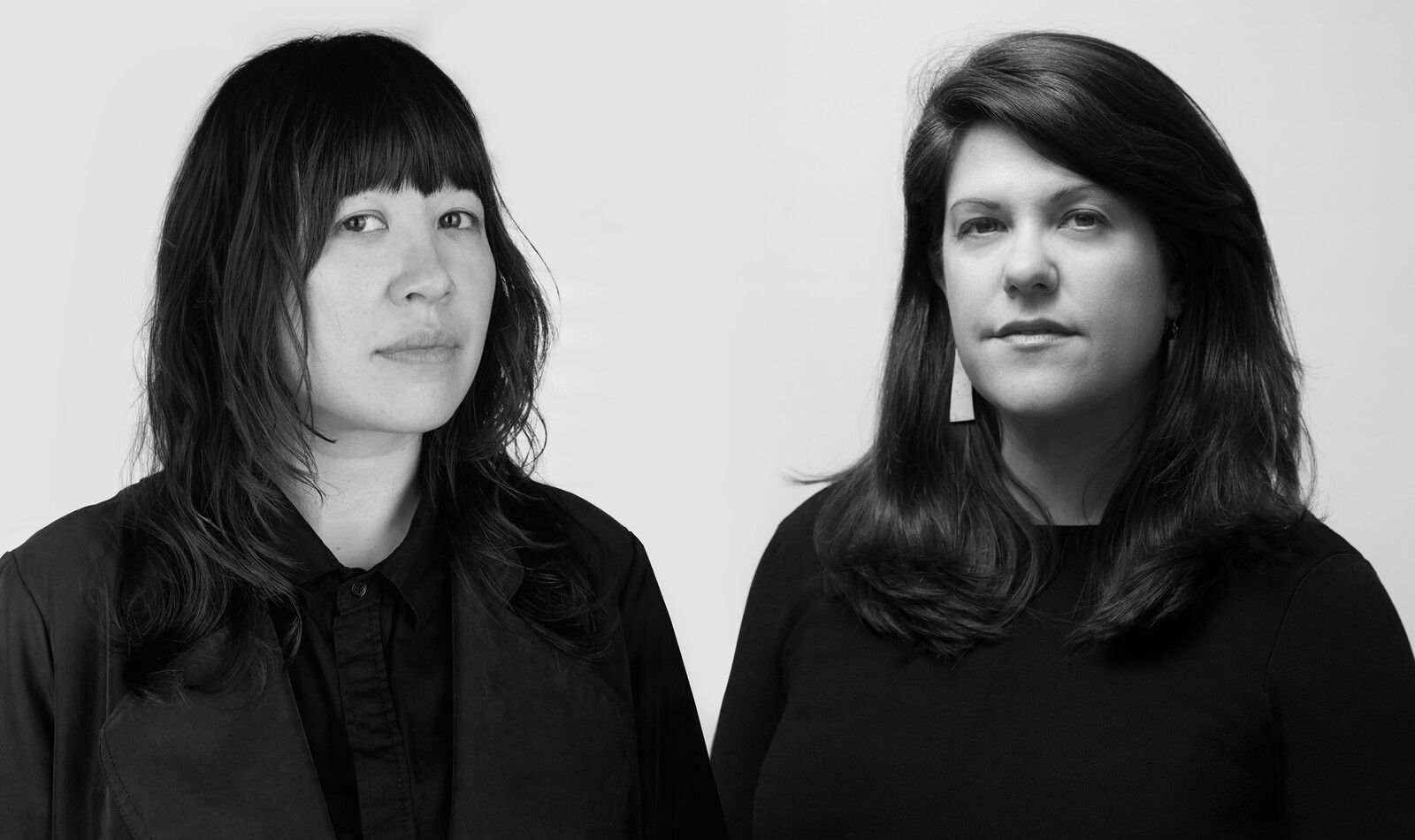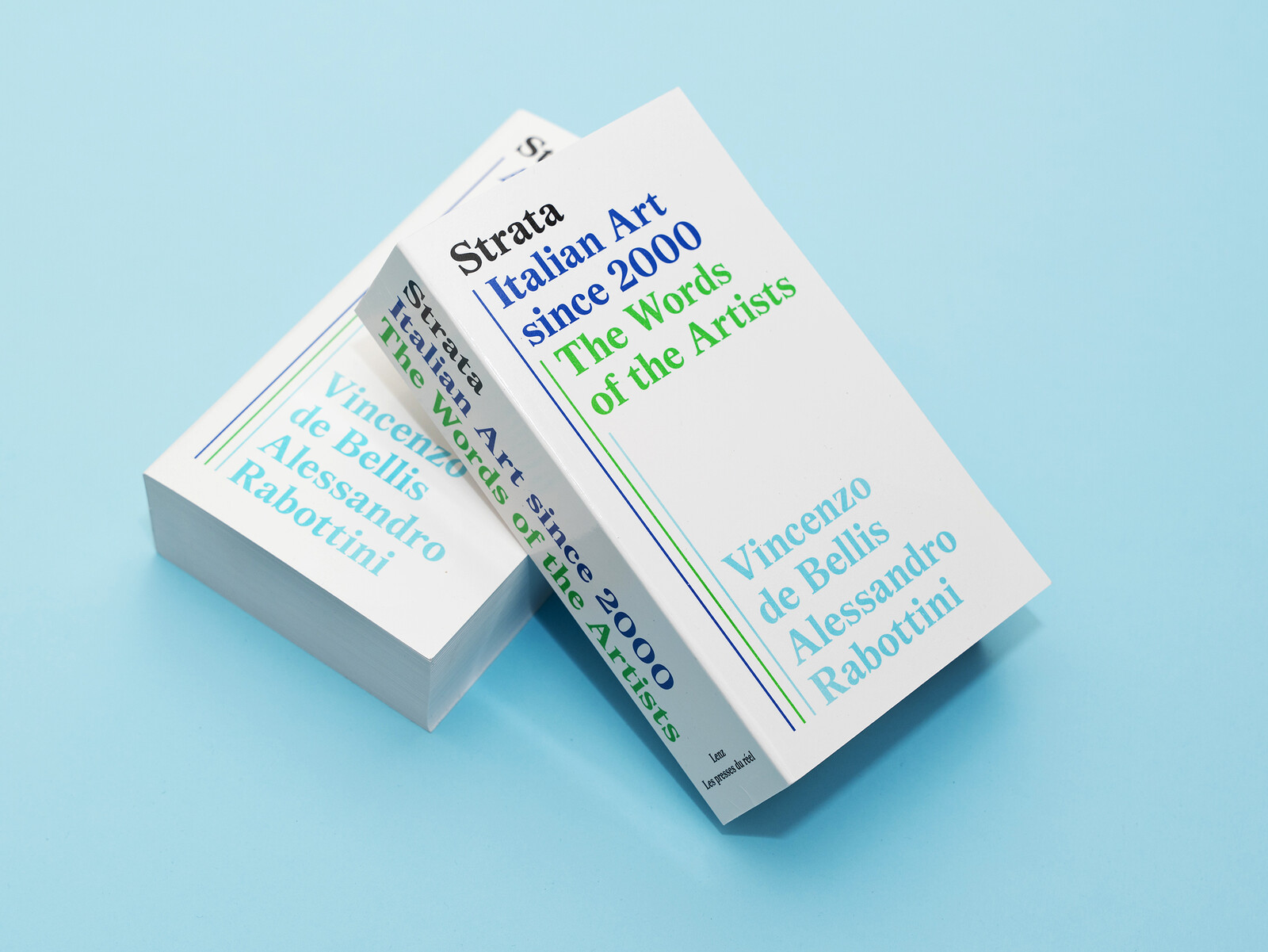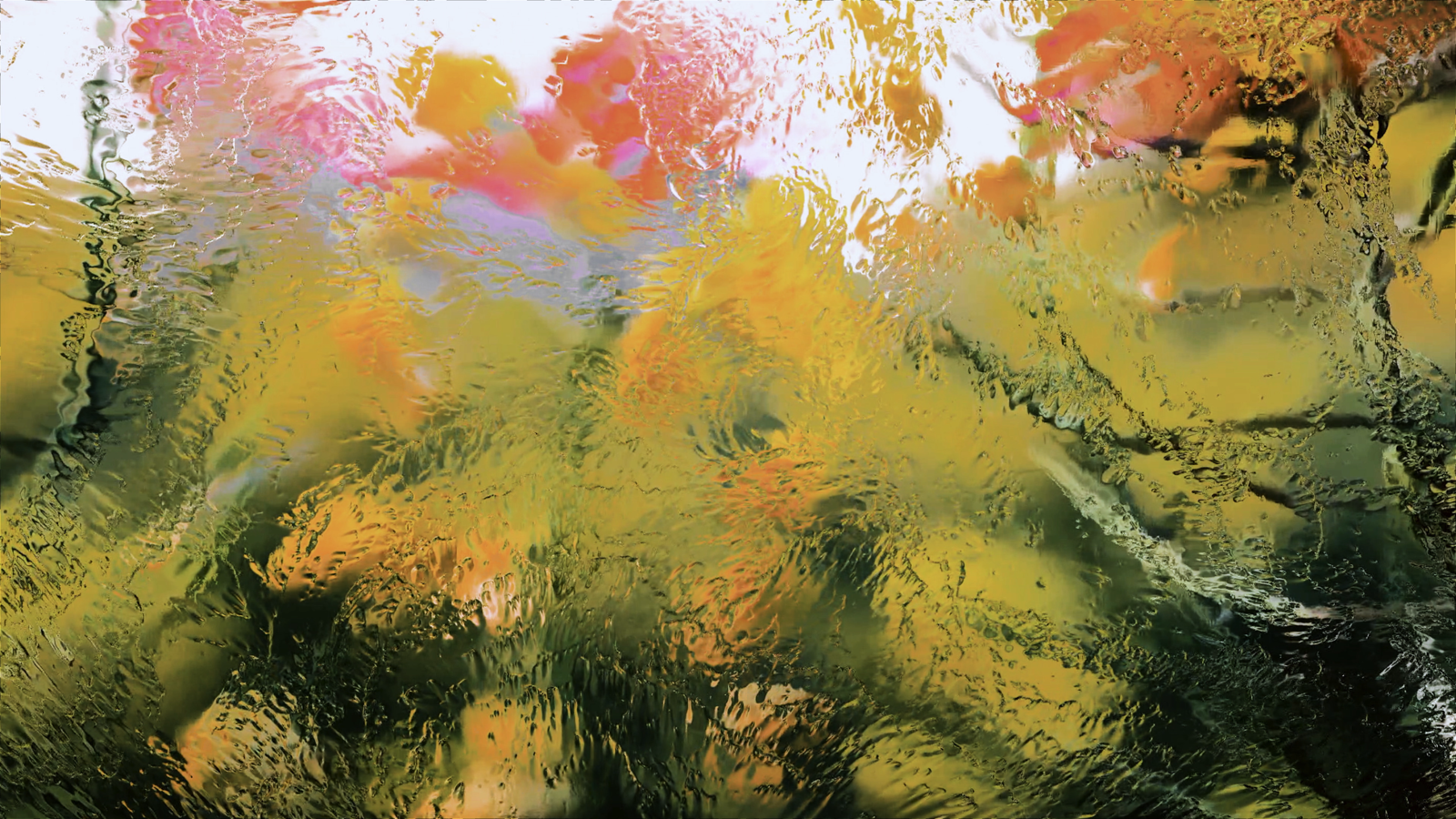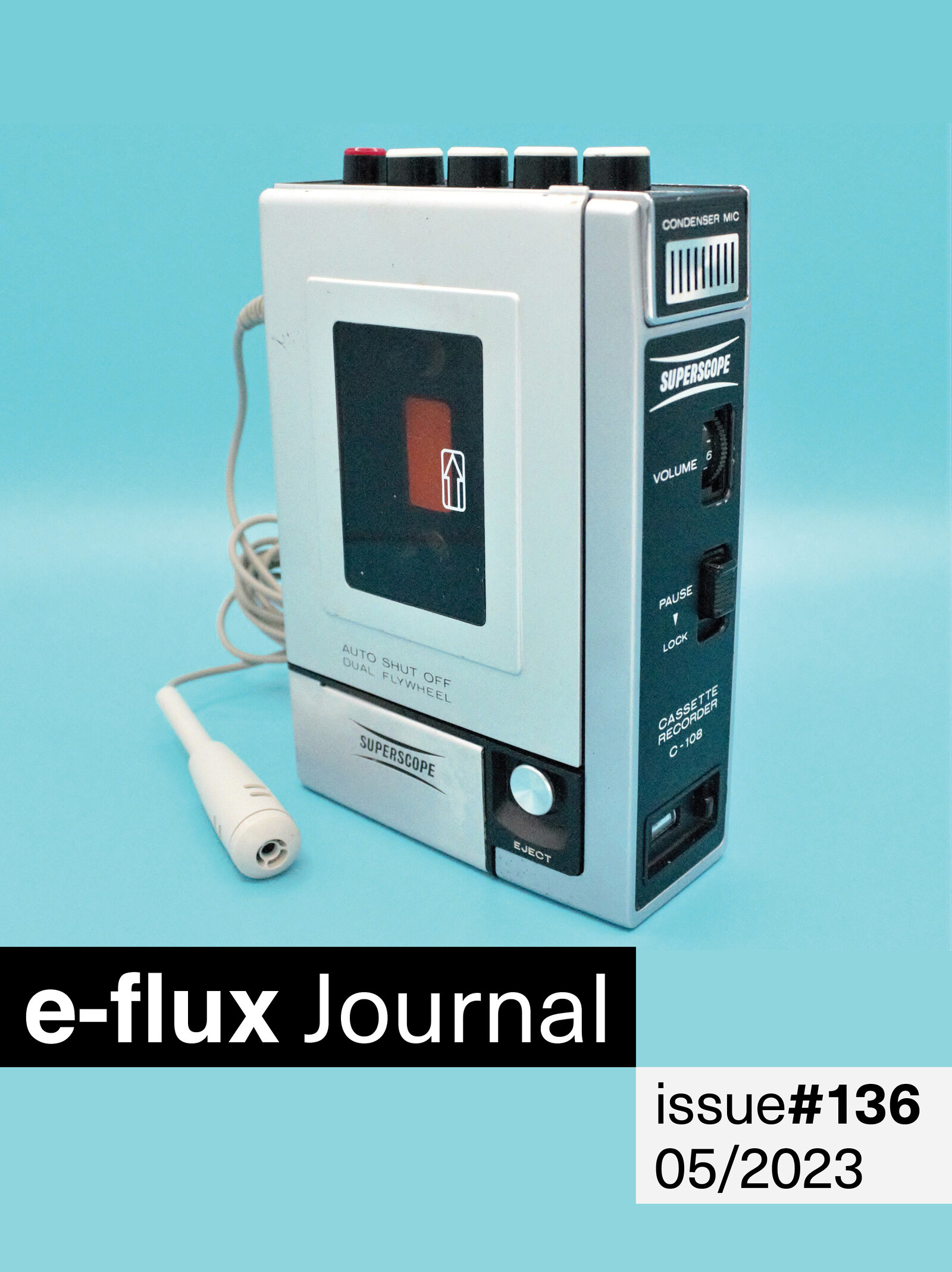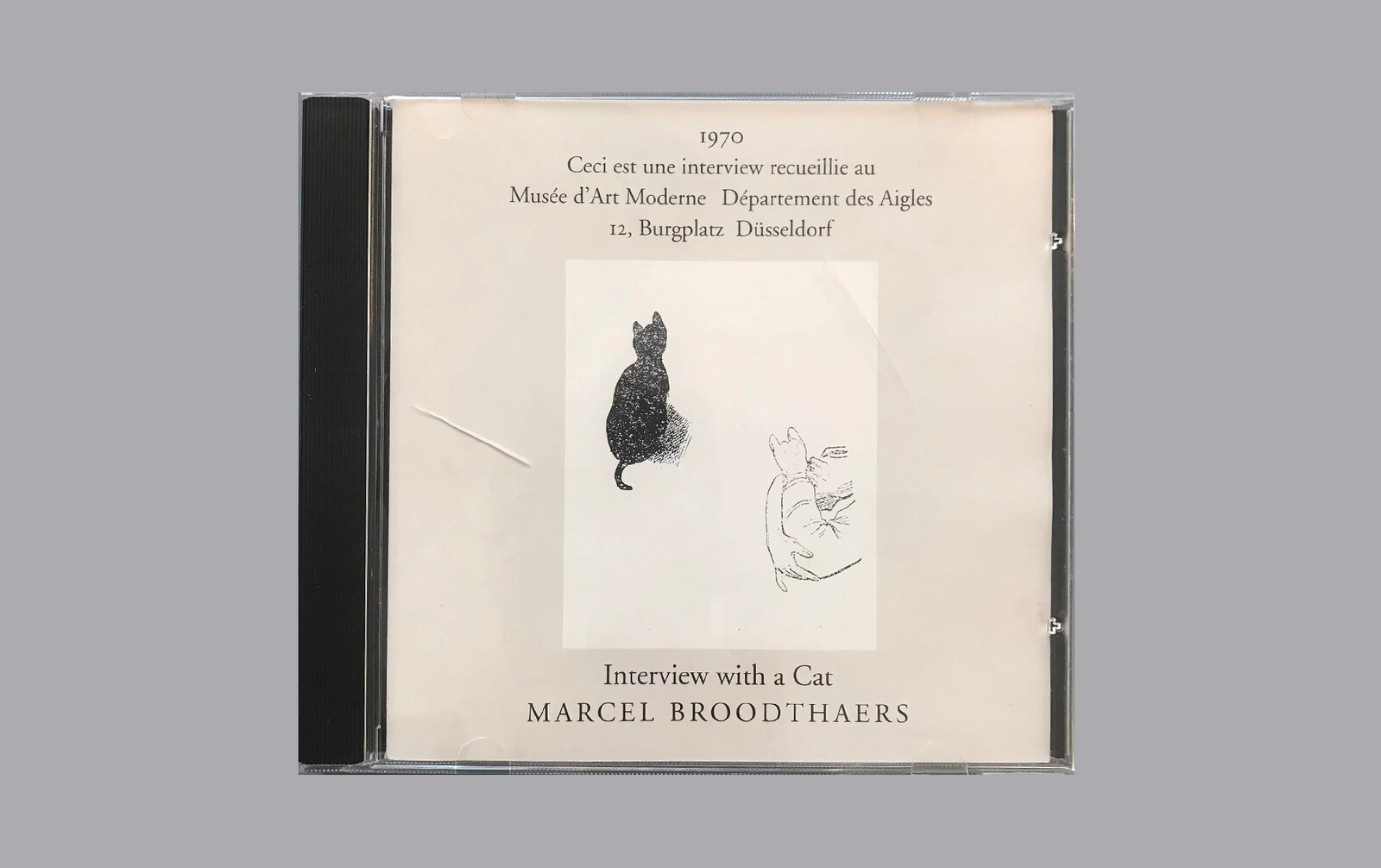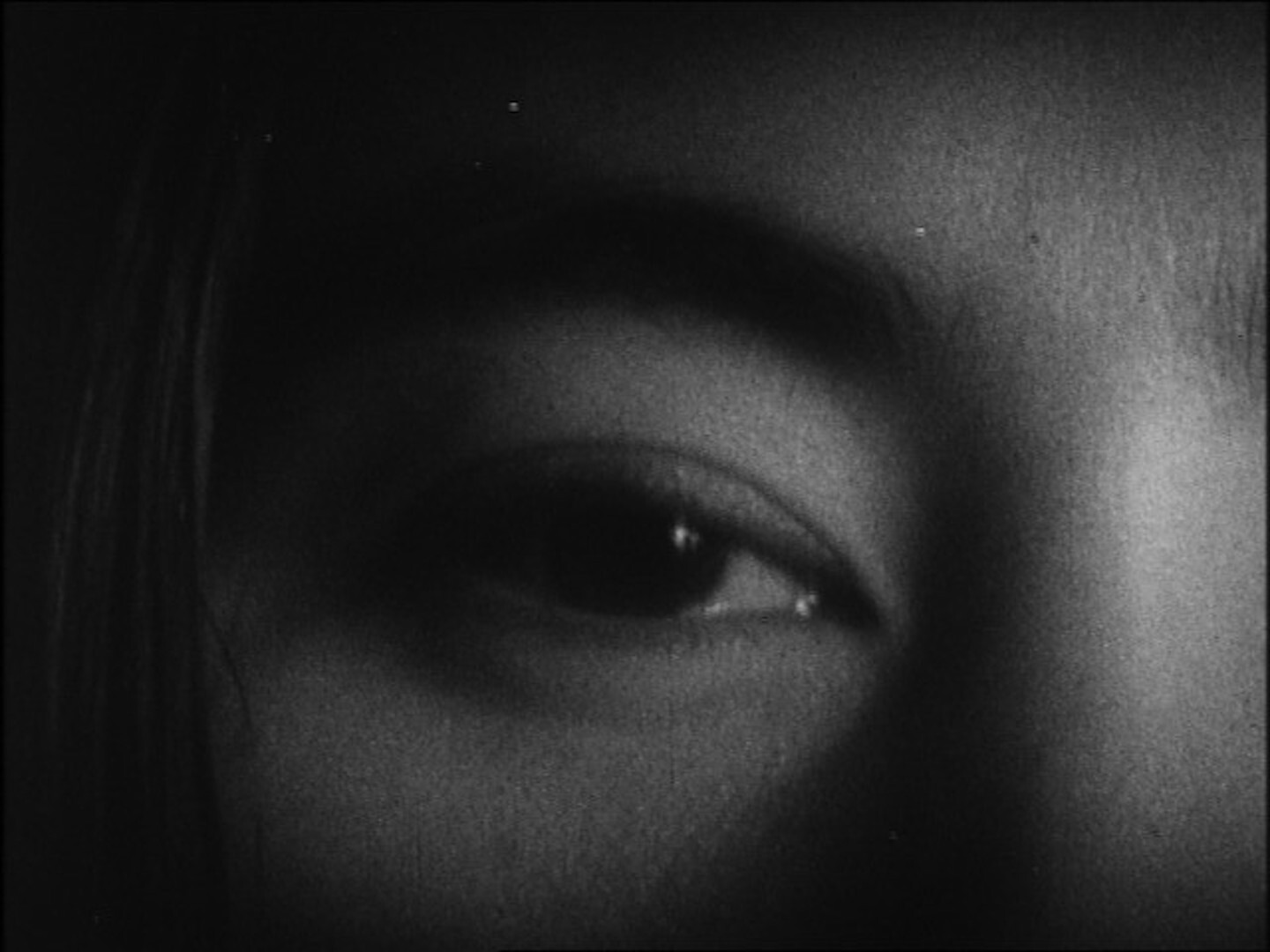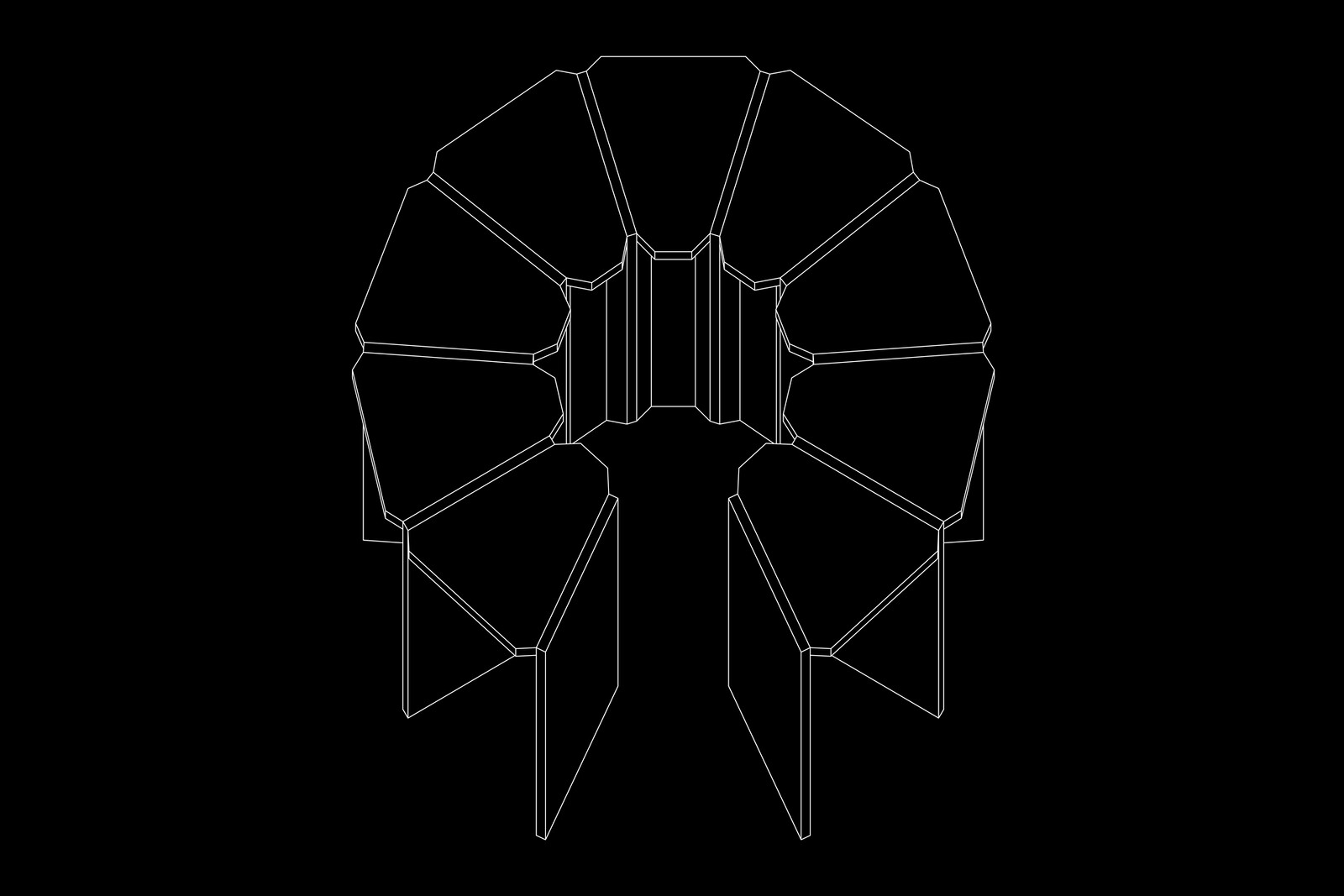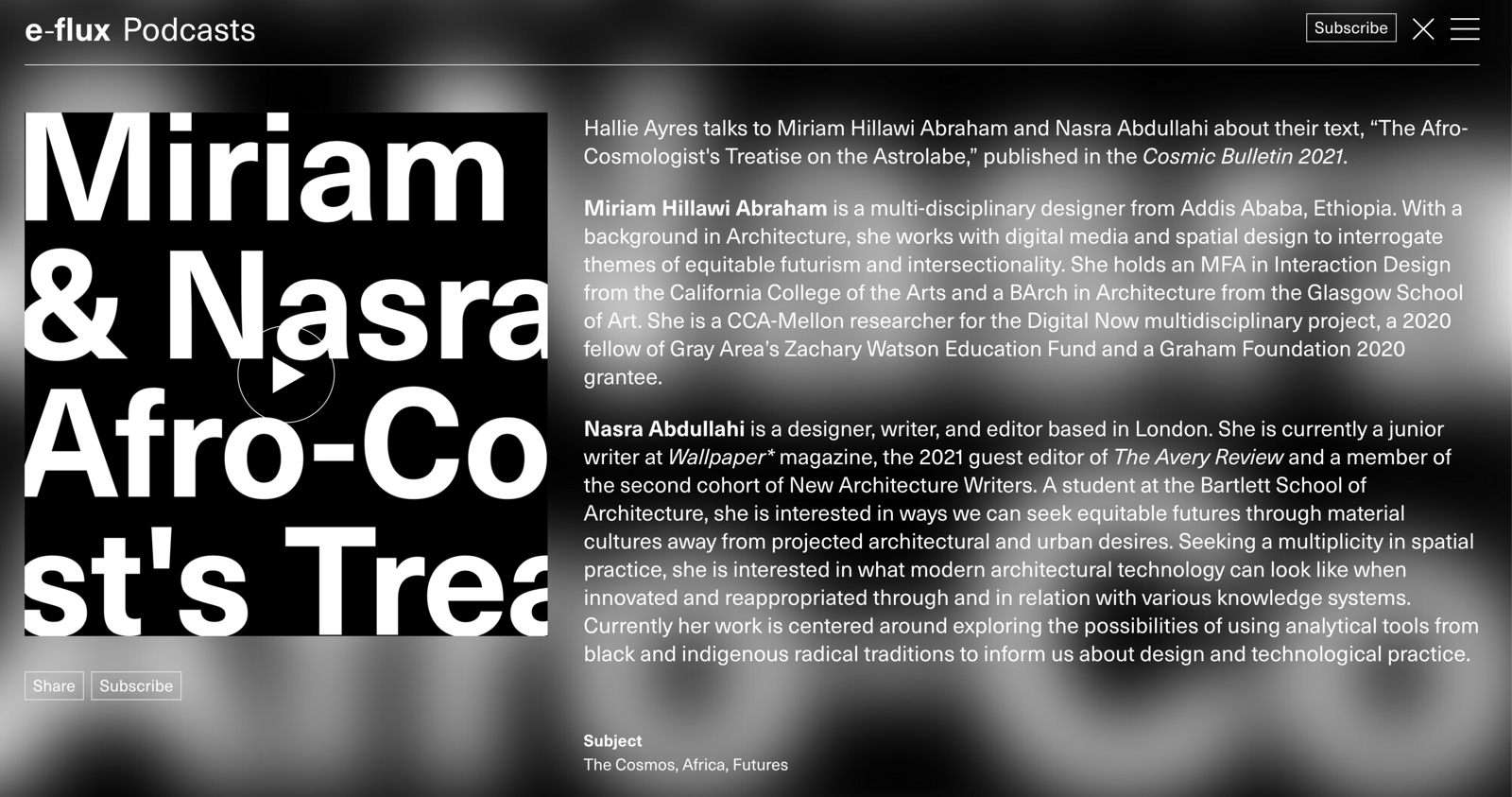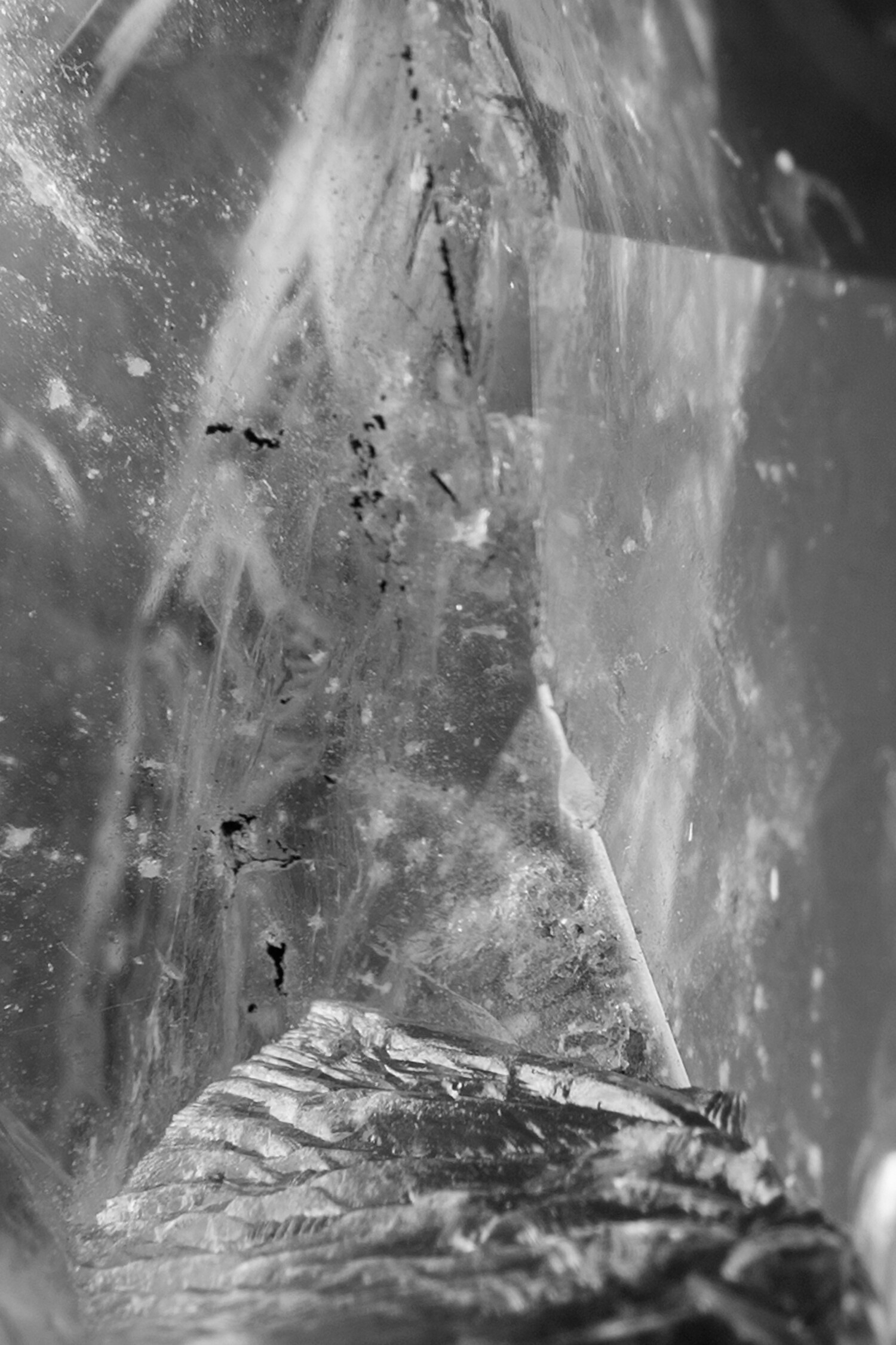Social scientists regularly work in study groups and research groups. They develop theses and propositions and experiments based on group work. Whereas we in the humanities are trained not to do this. We are trained to write in a single voice. It was very interesting to me last semester teaching a class with practice-of-art students called “Radical Composition.” From the very beginning, students were divided into groups of three, and each group had to create a radical composition in response to a series of assigned visual, sonic, and written texts. They were musicians and visual artists and movement artists and art historians and African American Studies students. And they all said the same thing: we’ve never been taught how to work in a group. We have our single-person senior shows. We produce our own body of work. Sometimes we help each other out, but it’s not multiauthored. We don’t all take credit.
I think the other word to add to “resonance” and “vignette” and “dirty,” would be “score.” All of those words in themselves form part of the score, and then they are the actual larger score of that score. “Momentum” should sound like a gallop, for example. We imagined our reader to be essentially always a listener. From the gallop, the noise starts to come in and take over, and in “vibration” you’re shaken into sounds. The idea is to feel each of the words as they join one another, but also how they live singularly; the word “vignette” is one way for us to think of how to metaphorically play with the traps of representation mobilized by words, categories, colonial forms. In doing so, we were also trying to think about the borderless, the leaking frame. Or, how do you leak out of the frame, how do you move beyond it? We really wanted the vignettes to be edgeless. What would this all mean in terms of tempering the collective ear?


